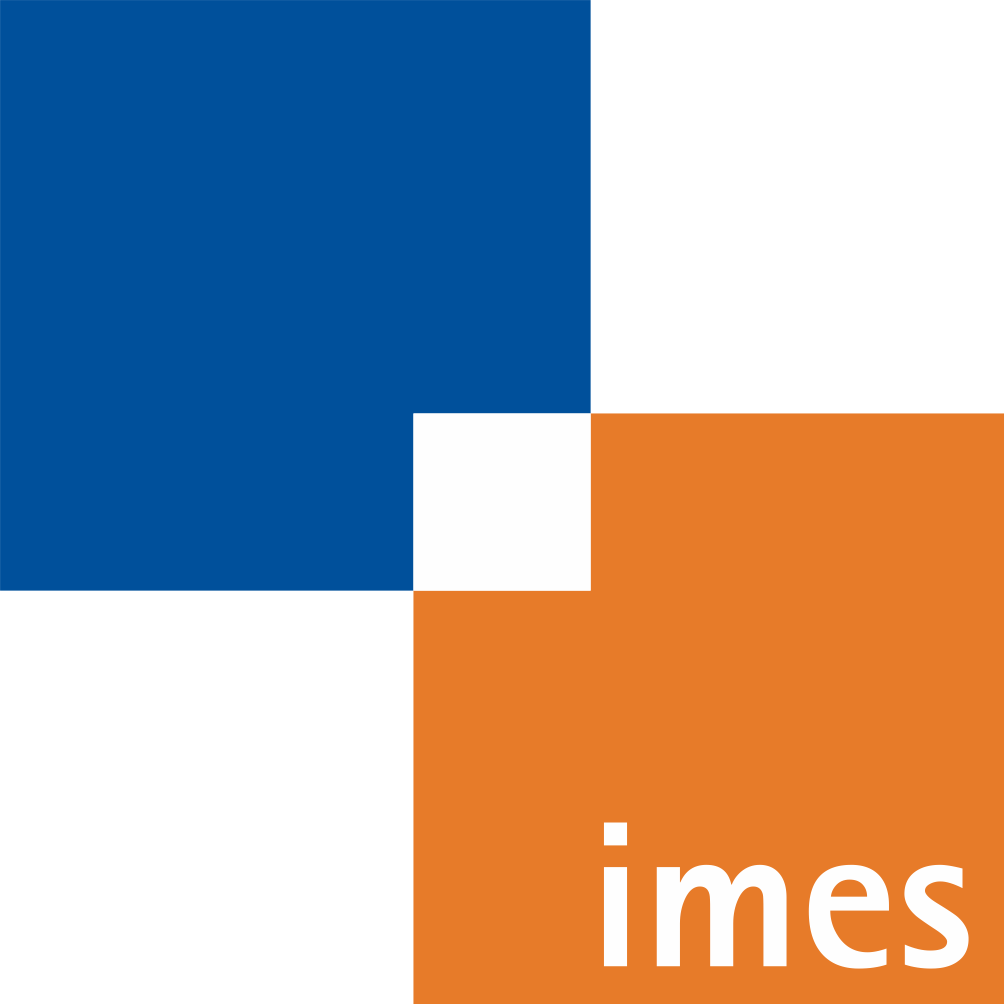Personalized cell therapy with iPSC-derived cardiomyocytes (TACTiC)
| E-Mail: | raphael.moenkemoeller@imes.uni-hannover.de |
| Team: | M. Sc. Raphael Mönkemöller |
| Year: | 2022 |
| Funding: | Federal Ministry for Education and Research |
| Duration: | 06/2022-05/2025 |
Project Description
The after-effects of a heart attack can lead to chronic heart insuffiecy. Scar tissue replaces the dead heart muscle tissue and, depending on how severely the heart was damaged, impairments in heart function develop. Using new minimally invasive procedures, heart stem cells are injected into the (beating) heart to help regenerate the heart muscle tissue. However, manual injection of the stem cells is particularly challenging for the surgeon and allows little consideration of the individual anatomical features of the recipient heart. This procedure is further complicated by the limited space available in the intercostal space.
The goal of this project is to develop a novel, automated and patient-specific injection device to enable more efficient cell delivery and cell implantation. Based on a previously determined, complex target area, a cell applicator will rapidly and highly precisely inject a given volume. For this purpose, the information from different (imaging) sensors will be merged and evaluated using sensor data fusion to ensure the planned injection location and depth. The applicator should also be able to compensate for movements such as the heartbeat by means of image-based control. The automation is expected to increase the repeatability of interventions and to reduce therapy-related risks.
The collaborative partners are the Medizinischen Hochschule Hannover (MHH), the Clinic of Nuclear Medicine (DNM), the Leibniz Research Laboratories for Biotechnology and Artificial Organs (LEBAO) and the Clinic for Cardiac, Thoracic, Transplant and Vascular Surgery (HTTG), as well as the German Primate Center (DPZ), Göttingen.
